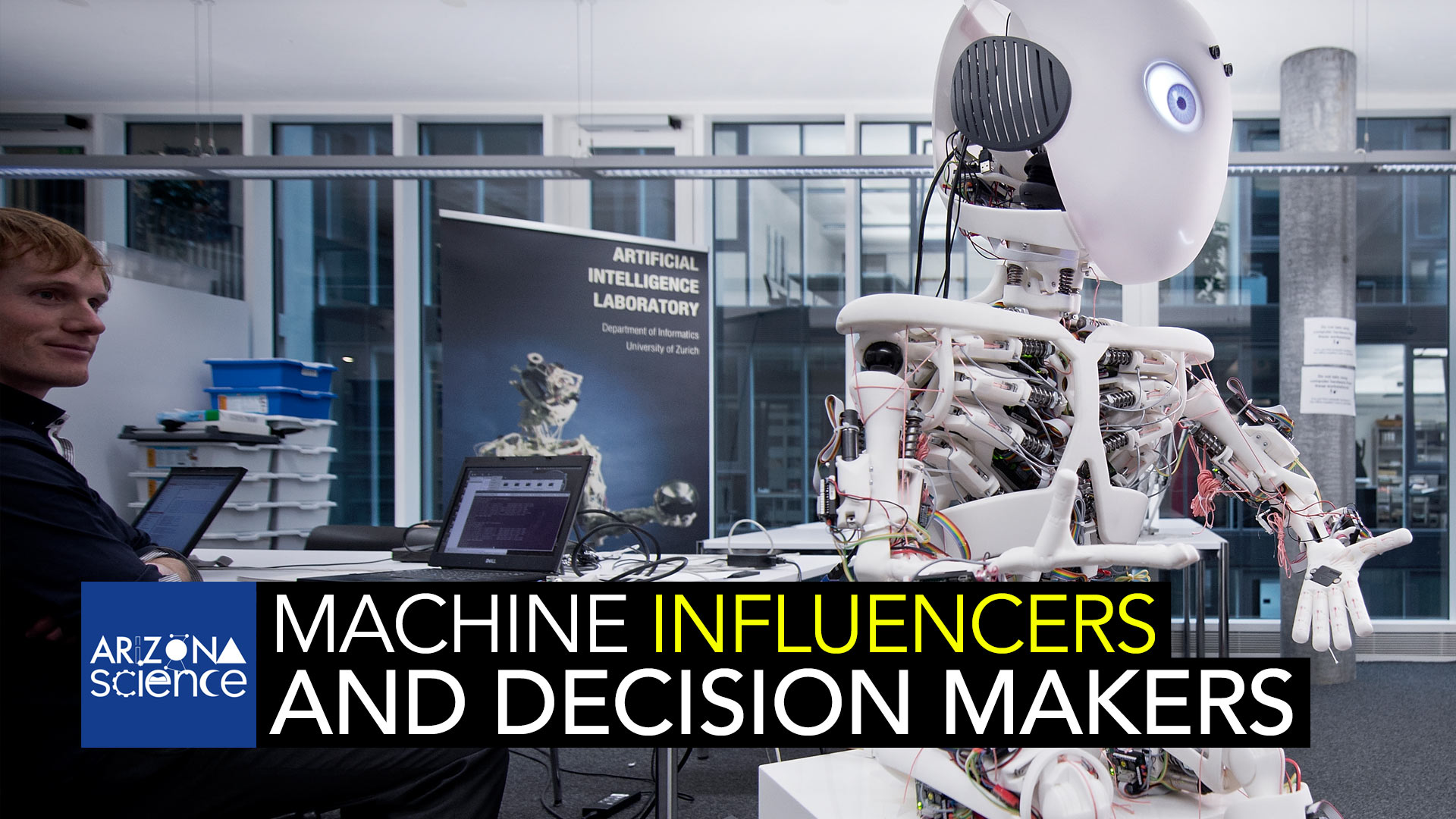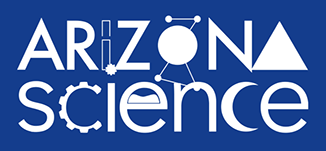 Machine learning is shaping human lives in both obvious and subtle ways. In this photo, an Artificial Intelligence Laboratory in Zurich.
Machine learning is shaping human lives in both obvious and subtle ways. In this photo, an Artificial Intelligence Laboratory in Zurich.
Photographer to Devanthro Society
Machine learning is shaping human lives in both obvious and subtle ways. Important economic and legal decisions about credit, employment and criminal justice are already made with the aid of complex algorithms, raising difficult questions about whether machines can make decisions that are accurate and fair. Machine learners can become biased when the programmed objectives or the training data used to teach the algorithm are flawed. The government has some power to constrain artificial intelligence, but there are practical and constitutional limits to legal interventions.
In this episode:
Jane Bambauer, Professor of Law, James E. Rogers College of Law
Leslie P. Tolbert, Regents’ Professor in Neuroscience
Catch Arizona Science each Friday during Science Friday on NPR 89.1. You can subscribe to our podcast on Apple Music, Spotify, Amazon Music, or the NPR App. See more from Arizona Science.
MORE:


By submitting your comments, you hereby give AZPM the right to post your comments and potentially use them in any other form of media operated by this institution.